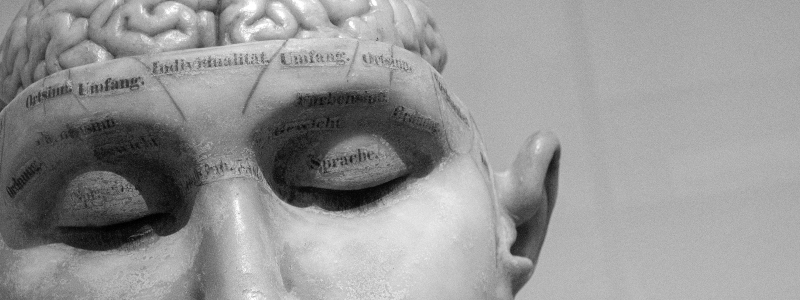All forms of psychotherapy, from the classically analytical, through to humanistic, evolved from psychoanalysis and thus Freud. The cadence of psychoanalysis has changed very little over the years, with sessions taking place between three and five times per week, generally at the same time each day.
Psychotherapy evolved directly from analysis but is also quite different. For example, those who are suited to psychotherapy may not need analysis, and in cases of more troubled or disturbed patients, weekly psychotherapy may not be sufficient and psychoanalysis is recommended. However, despite the frequency difference, the consistency remains the same.
Those who are trained in-depth and adhere to the principles of the psychotherapeutic framework, which is to say all the non-verbal factors that enable the process of psychotherapy to take place, will also subscribe to seeing their clients or patients on the same day, at the same time each week. But does it have to be this way?
There are psychotherapists who see their patients less frequently than weekly and that includes those who work at depth, and/or analytically. The most obvious example is those who work with couples where the frequency of sessions is less critical, or tapers off towards the end of the work.
There are, of course, therapists who see individual clients on a less than weekly basis, however, with one or two possible exceptions, this is not something I or most colleagues would advocate.
There is significant emotional and psychological benefit to sessions being consistent, and something the patient comes to rely on in terms of where it sits in the week. In the same way the clinician makes space in their diary, and time in their mind, available for that patient, the session being on the same day and time each week allows the patient to do two things – start to hold themselves in mind, and start to bridge the gap between sessions.
Psychological change is slow and it is hard. This is not the same as behavioural change which may be tough but is something that can in simple cases be achieved through working on a superficial level. However, behavioural change, whilst important, says little about the underlying reasons why a person ‘does what they do’ – the unconscious process. And it is in the unconscious that the trauma lies.
Bridging the gap between therapy sessions can be hard for patients – to be able to hold on to not only the content of what was discussed, but more importantly the relationship between their therapist and themselves. Bridging the gap means being able to hold on to the experience of ‘being held in mind’ and therefore not falling back into feeling hopeless and alone in the world. For some patients this is a particular challenge and a more frequent schedule of psychotherapy is agreed, such as twice-weekly sessions.
For the patient, the regularity of the session being on the same day and time each week is something that becomes a part of their weekly routine – something that they can rely on and expect. That is not to say that patients look forward to sessions each week, but simply that come rain or shine, they are something that happens and is consistent.
An analogy I like when thinking about the cadence of psychotherapy sessions is that the weekly session is like keeping the kettle gently on the boil – any less and the kettle goes cold.
Each clinician works differently and tailors their approach to each patient, which is also why the concept of an ‘approach’ is something of red herring. A clinician is either trained to work at depth and with the unconscious, or not. With me, psychotherapy is at a minimum weekly and on the same day and time each week. And it is open-ended, meaning that it goes on for as long as it is clinically appropriate for it to go on for, which is generally many months and often years.
Mark Vahrmeyer, UKCP Registered, BHP Co-founder is an integrative psychotherapist with a wide range of clinical experience from both the public and private sectors. He currently sees both individuals and couples, primarily for ongoing psychotherapy. Mark is available at the Lewes and Brighton & Hove Practices.
Further reading by Mark Vahrmeyer –
Don’t tear down psychological fences until you understand their purpose
How do I become more assertive?
I worked as a psychotherapist with death. Here’s what I learnt











